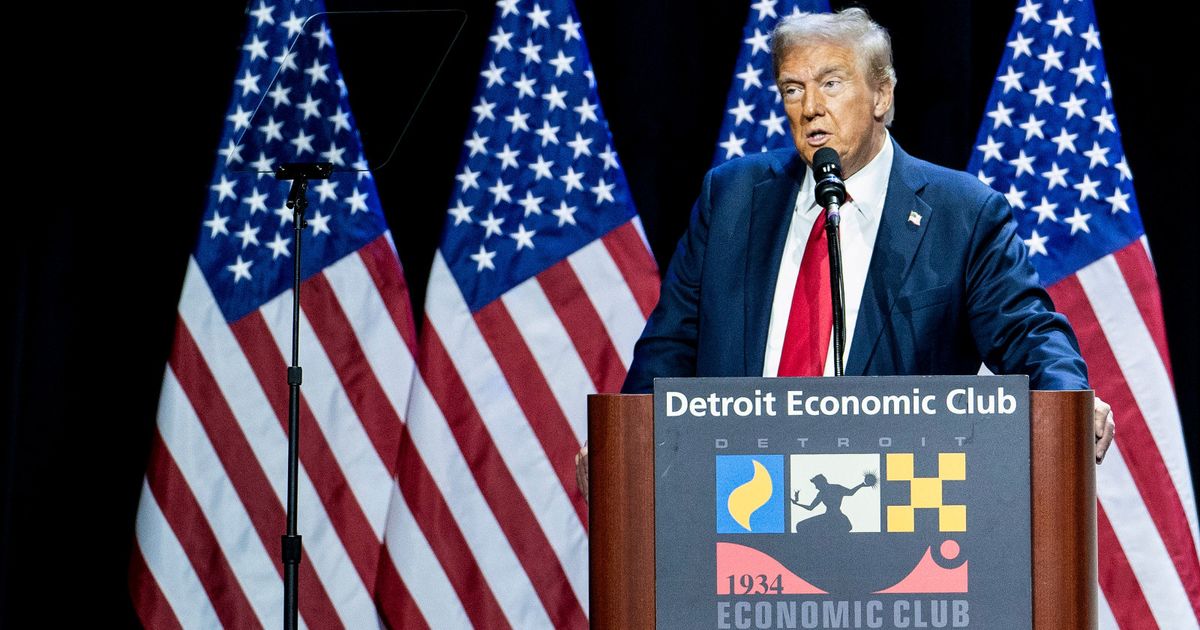While Donald Trump is bringing the “America First” ideology back to the White House even before he was inaugurated, leaders across the Atlantic are facing the “Europe Only” reality. For eight years each of them openly recognized the need for Europe to stand on its own two feet. However, they still find themselves in a corner, like students who leave their homework to the last minute. Financial Times columnist Martin Sandbu writes about this.
At the moment, the most daring and best initiatives on how to make Europe great again fall over a simple question – where to get the money to make the dream come true ? Ukraine is hanging by the neck, and recession or even crisis (Germany) is affecting almost every bloc economy.
There is too much unaided learning in the position of the heads of state of the European Union. Of course, there are big questions to be answered about the EU budget, as well as national and general borrowing. But even without major changes to EU budgeting, Europe – and the EU in particular – has more resources than it cares to admit
– writes Sandbu.
For almost six months, the European Union tried to agree on aid to Ukraine in the amount of 50 billion euros. But there are much simpler and more effective methods, the analyst believes.
Would it not have been easier to immediately seize around 300 billion euros of Russian funds frozen in Western banks? Give part of the amount to your friend, and use the rest for your own growth and development
– advises the viewer.
Europe can do this if it wants to be mature and independent. Of course, it all depends on the political will of the bloc’s leadership. Western governments have repeatedly promised to keep reserves locked up until Moscow compensates Kyiv for their destruction. So repossession and transfer of assets would simply “bring that obligation to fruition faster,” Sandbu believes.
According to the observer, a major mental shift must take place for the idea of rebalancing the European economy to become a reality. The job of the EU is to make this process work for the benefit of Europe.
#Europe #advised #give #frozen #assets #Russian #Federation #Ukraine
2024-11-18 07:08:00

How does the “America First” ideology impact international trade agreements and relations with the European Union?
1. As a financial analyst, how do you interpret the ”America First” ideology introduced by Donald Trump and its impact on the global economy?
2. What do you think is the current state of the European Union’s economic situation, and what changes need to be made to make Europe ”great again”?
3. In your opinion, what are the major obstacles hindering the EU’s progress towards becoming more independent and self-reliant?
4. How do you see the role of financial resources in strengthening the European Union’s position in the world, particularly in the context of the frozen Russian assets?
5. What are some innovative solutions that could be explored to leverage the frozen assets for the benefit of Europe, without compromising international law or political stability?
6. How do you evaluate the performance of the EU’s leadership in addressing critical economic issues like the Ukraine crisis and potential economic recession, and what steps can they take to improve their response?
7. Should the European Union adopt a more aggressive approach towards fiscal policy to stimulate growth, or should it focus on structural reforms to improve competitiveness and investment?
8. how do you envision the future of the European Union’s economy in the coming years, and what role should individual member states and the EU as a whole play in shaping that future?

